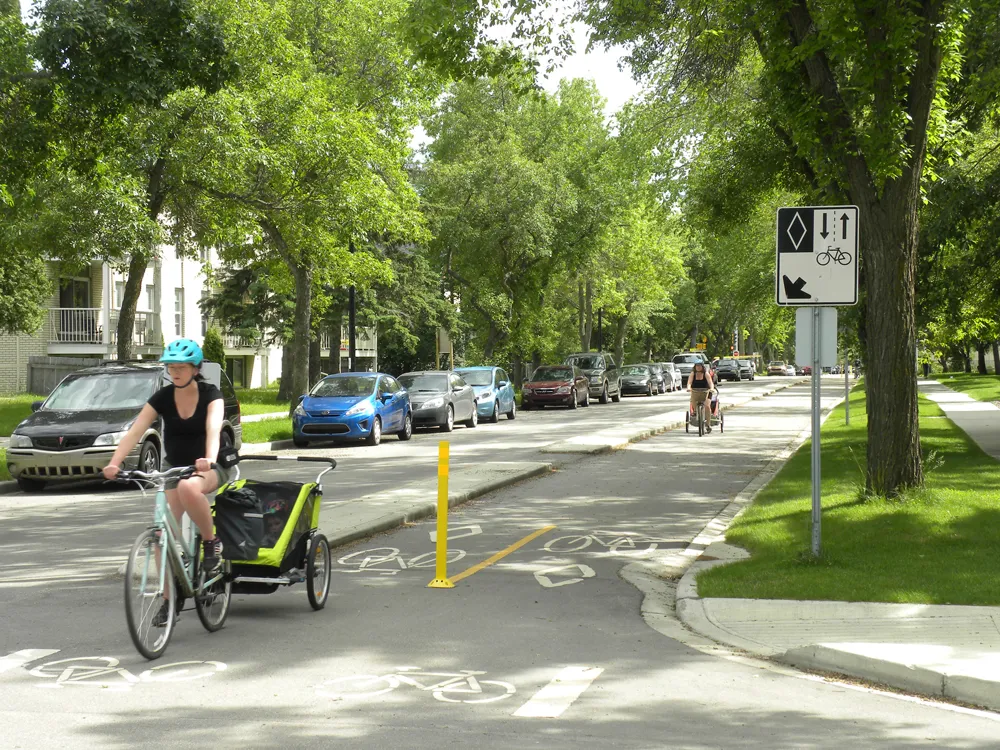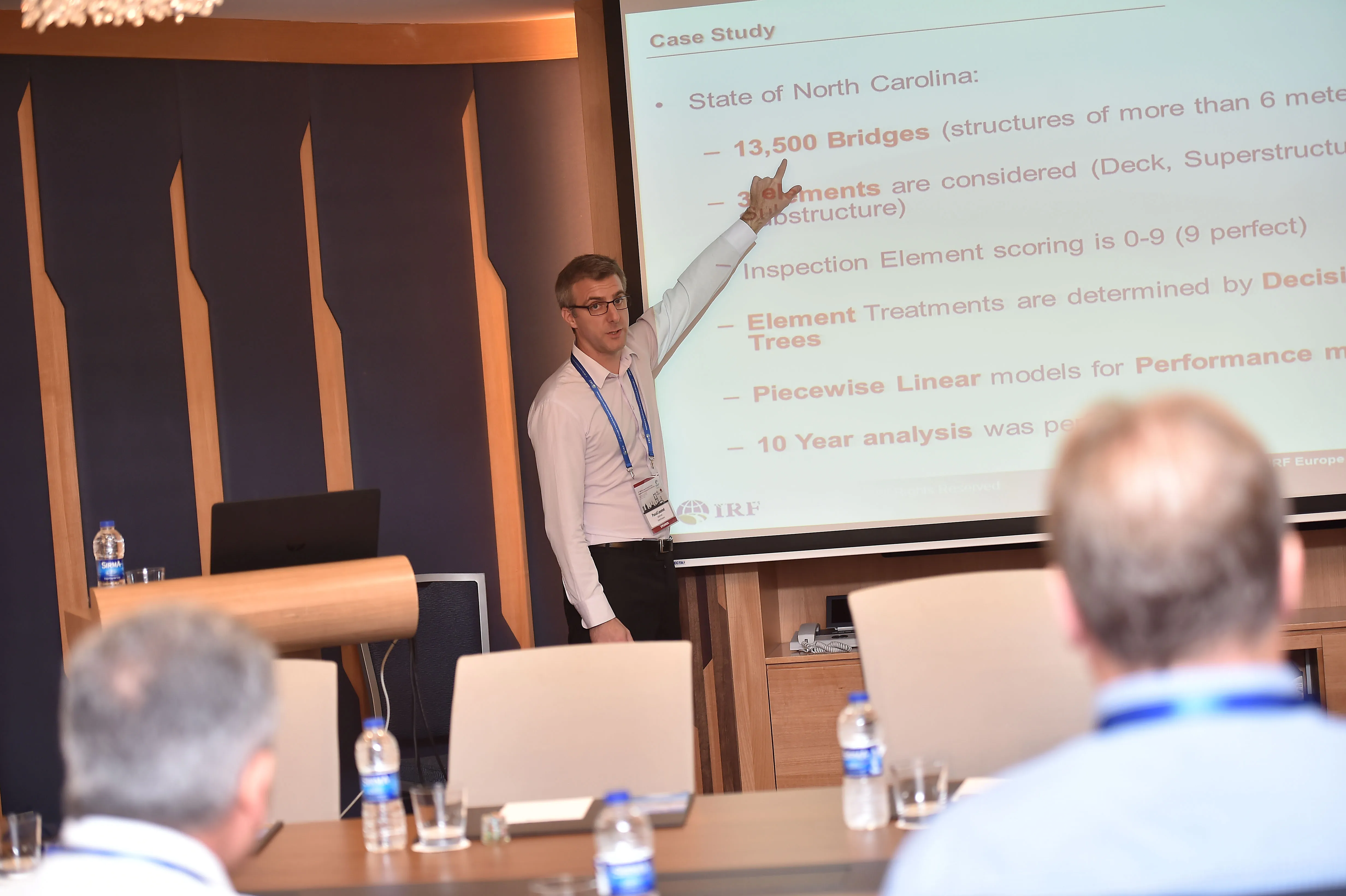Researchers from the UK’s Lancaster University will design, fabricate and test systems that generate electricity using piezoelectricity and hydromechanical dynamics from passing vehicles.
The electricity produced will be stored in roadside batteries to power street lamps, road signs and air pollution monitors in the town of Aylesbury. There will also be sensors that detect the formation of potholes, according to a statement from the university’s engineering department.
In addition, the so-called smart roads will generate data on vehicle speed, type of vehicle travelling along the road, as well as other information on traffic flow. This data will help the local highways authority to better manage traffic.
“We see this next generation energy harvesting of road surfaces as an important part of future smart cities,” said Mohamed Saafi, a professor at Lancaster University. Researchers will develop designs specific to road conditions in Aylesbury. Road designs will be tested using computer simulations to determine the optimum number and locations of energy harvesting sections before being constructed and installed in Buckinghamshire.
Leading Lancaster’s Live Lab project is Buckinghamshire County Council which has chosen a road section in Aylesbury Garden Town. Aylesbury was awarded Garden Town status by the UK government 2017, meaning it was recognised as key growth area, with just over 16,000 new homes planned. To accommodate development in the town, new transport links, infrastructure and facilities will be needed. A masterplan, including cycling and walking infrastructure, for Aylesbury will soon go to public consultation.
The project in Aylesbury, which has received around €5.3 million of funding from the SMART Places Live Labs Programme, is one of eight Live Labs projects.
The €26.75 million SMART programme is funded by the
Electric road for Aylesbury in the UK
Researchers from the UK’s Lancaster University will design, fabricate and test systems that generate electricity using piezoelectricity and hydromechanical dynamics from passing vehicles.
The electricity produced will be stored in roadside batteries to power street lamps, road signs and air pollution monitors in the town of Aylesbury. There will also be sensors that detect the formation of potholes, according to a statement from the university’s engineering department.
In addition, the so-called smart
November 25, 2019
Read time: 2 mins









